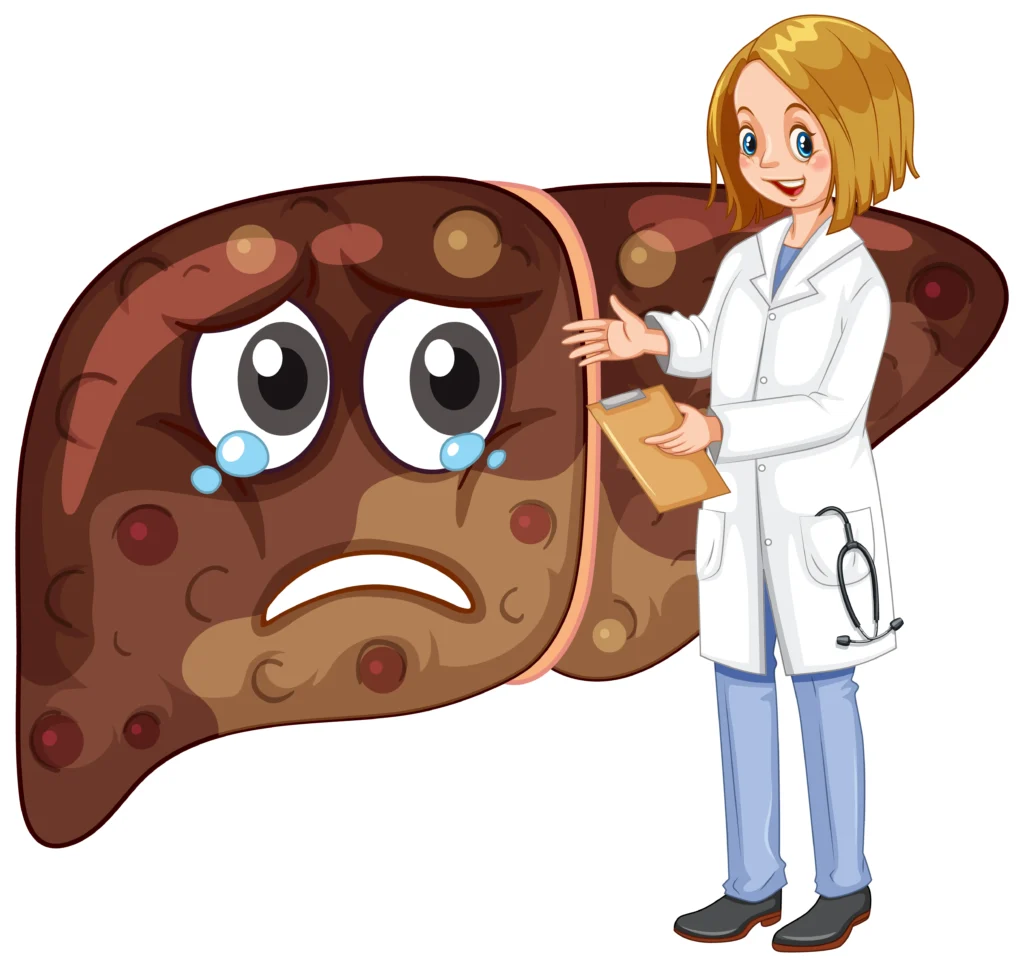Understanding Fatty Liver Disease: Causes and Risks

Fatty liver disease is a growing health concern characterized by excess fat buildup in the liver. This condition can cause liver inflammation, scarring, and long-term damage if left untreated. There are two primary types:
Alcohol-Related Fatty Liver Disease (AFLD): Triggered by heavy alcohol consumption.
Non-Alcoholic Fatty Liver Disease (NAFLD): Associated with obesity, poor diet, type 2 diabetes, and high cholesterol.
In the U.S., NAFLD affects nearly 25% of adults, making it one of the most common liver diseases. The encouraging news? NAFLD is often preventable and reversible through healthy lifestyle changes.
Best Diet for Fatty Liver: Foods That Heal Your Liver
Eating the right foods is key to fatty liver prevention and recovery. Follow these nutrition tips for a liver-friendly diet:
- Load up on whole foods: Fresh fruits, vegetables, lean proteins, and whole grains support liver detoxification.
- Cut added sugars and refined carbs: Soda, sweets, and packaged snacks contribute to liver fat accumulation.
- Choose healthy fats: Use olive oil, avocados, and nuts instead of processed or fried foods.
- Limit alcohol intake: Alcohol can worsen liver damage and should be minimized or avoided.
- Stay hydrated: Opt for water over sugary beverages to help flush toxins.
A Mediterranean diet, rich in anti-inflammatory foods, is especially beneficial for improving liver health.
Exercise for Fatty Liver Disease: How Physical Activity Helps
Regular exercise is one of the most effective ways to reduce liver fat and prevent fatty liver disease:
- Aim for at least 150 minutes of moderate exercise per week, like brisk walking, swimming, or cycling.
- Include strength training exercises 2-3 times weekly for muscle building and metabolic health.
- Minimize prolonged sitting by taking regular walking breaks throughout the day.
Weight Management and Fatty Liver Prevention
Being overweight or obese significantly increases your risk of fatty liver disease. Losing just 5-10% of your body weight can reduce liver fat levels and improve overall liver function.
Monitor Your Liver Health and Risk Factors
Certain health conditions often accompany or worsen fatty liver disease, including:
- Type 2 diabetes
- High cholesterol
- High blood pressure
Regular health screenings and blood tests are crucial for early detection. Your doctor may recommend liver imaging for a comprehensive assessment if necessary.
Protect Your Liver: Lifestyle Tips to Reduce Risk
To maintain optimal liver health, practice these lifestyle habits:
- Drink alcohol in moderation or abstain completely.
- Avoid unnecessary medications and supplements that may stress the liver.
- Stay updated on hepatitis A and B vaccinations.
When to Consult a Gastroenterologist for Fatty Liver
Fatty liver disease can be silent, but persistent fatigue, abdominal discomfort, or unexplained weight changes warrant a medical evaluation. Early diagnosis and treatment are essential to prevent progression.
At GI Partners of Illinois, liver specialists provide expert testing, personalized treatment plans, and tailored lifestyle advice to safeguard your liver health.
Take Control of Your Liver Health Today
Fatty liver disease isn’t inevitable. Healthy eating, regular exercise, and professional care can prevent and even reverse fatty liver disease.
Don’t wait; take the first step toward a healthier liver. 👉 Book your appointment with GI Partners of Illinois now and empower your liver for life.
For additional information on fatty liver disease, causes, and prevention strategies, visit the American Liver Foundation.